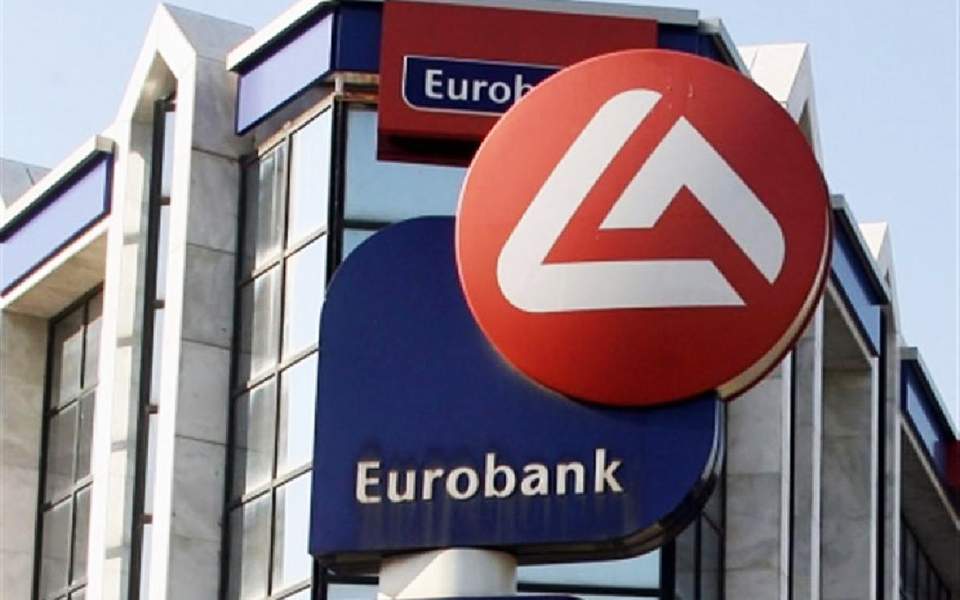
In the coming months, the current increases in energy prices are expected to negatively affect the trade balance, as household and business decisions on the quantities they will consume will not be directly adjusted to the new price levels (in addition, state aid is expected). Eurobank states the above in its report “Economy 7 days”.
At the same time, the bank’s analysts report that in the medium term, the estimated increase in investment through the Recovery and Resilience Fund, an essential parameter for expanding the productive potential of the Greek economy, will be reflected in an increase in imports.
Through them, social welfare can be increased and made more sustainable in the future.
Investments in extroverted sectors, together with the recovery of the surplus of services due to the increase in tourism revenues, are estimated to keep the deficit of the overall external balance at relatively tolerable levels.
According to the IMF forecast (World Economic Outlook, October 2021), the current account deficit in Greece, based on the IMF calculation method that differs to some extent from that of the Bank of Greece, is expected to reach 7.4 % of GDP in 2021 (7.4% in 2020, 6.7% according to the BoG in its report in June 2021) and then gradually de-escalate to 5.1%, 4.9%, 4.4, 3 , 9% and 3.4% in 2022, 2023, 2024, 2025 and 2026 respectively.
Latest News

Athens Int’l Airport Wins Top Prize at Routes Europe Awards
The Routes business is focused entirely on aviation route development and the company's portfolio includes events, media and online businesses
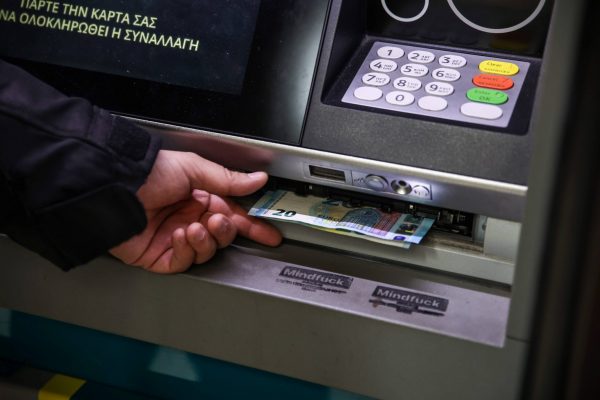
IOBE: Income Gap Between Poor and Wealthy Greeks Widens
The findings in the analysis, entitled “Progressivity in Income Taxation in Greece, 2012-2021", paint a bleak picture for Greeks in the bottom half of the income bracket, warning that income inequality is growing

Study Finds 4 in 10 Greeks to Slash Easter Spending
This year, hit by persistent inflation, many Greeks will be dishing out less on food, drink and gifts for Orthodox Easter on May 5

ELSTAT: Overnight Stays in Greece Up in Feb.
The provisional monthly data revealed that arrivals at tourist accommodations amounted to 773,104 and overnight stays were 1,677,685

Electric Energy: Greece’s New Sustainable Export
Moreover, a surplus of generated electricity cannot be fully absorbed by domestic grids and this excess power finds eager buyers in the form of companies entering into Power Purchase Agreements (PPAs), willing to pay a premium for clean energy
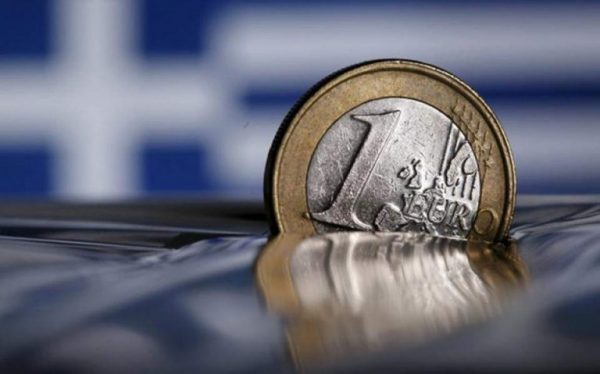
IOBE Revises Greek GDP Growth Downward, to 2.1% For 2024
Annual inflation is expected to reach 3%, up from the previous forecast of 2.8%

Last Sections of 136km E65 Highway Inaugurated on Tues.
Athens to Karditsa drive time is expected to drop to two and a half hours (under normal conditions), and some three hours from Athens to Trikala
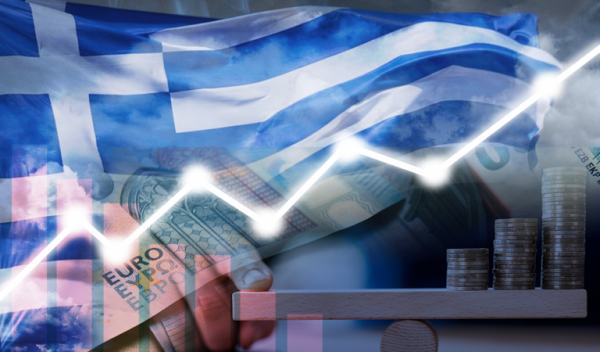
Reuters: Greece to Repay More Bailout Loans Ahead of Maturity in 2023
The country has relied solely on international markets for its borrowing needs since a third institutional bailout ended in 2018

Ag Min. Avgenakis: Greece-China Cooperation in Research, Education in Agri-Food Sector
Greek minister tours cutting-edge hydroponics and robotics facilities at the Chinese Academy of Agricultural Sciences in Beijing

Mini Holiday Season in Greece for Upcoming Orthodox Easter
Occupancy rates reach up to 90% domestically for accommodations open ahead of peak summer season





























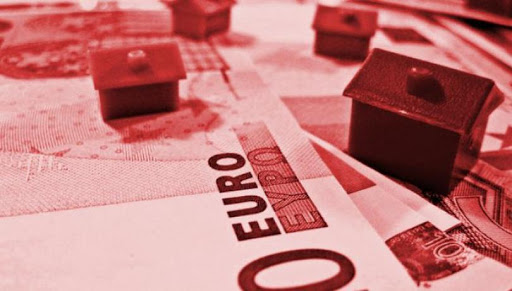

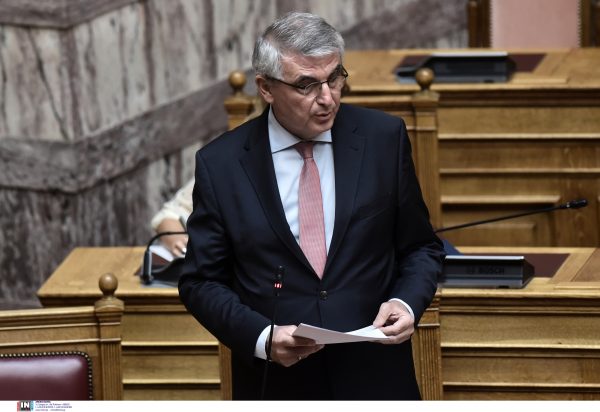










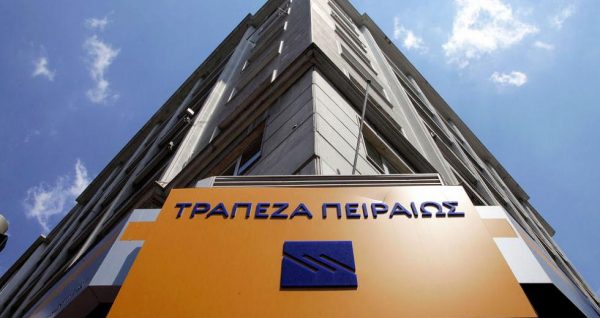

 Αριθμός Πιστοποίησης Μ.Η.Τ.232433
Αριθμός Πιστοποίησης Μ.Η.Τ.232433